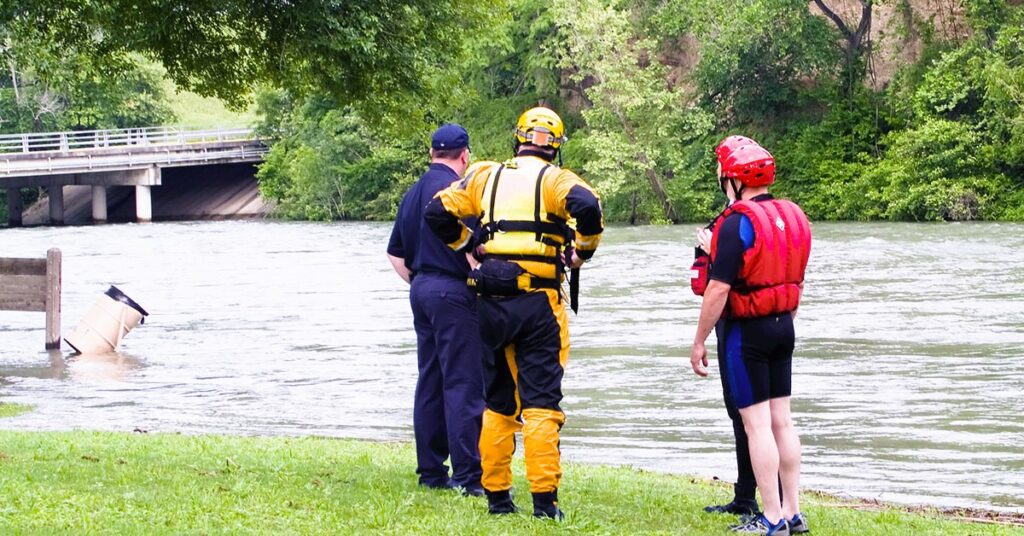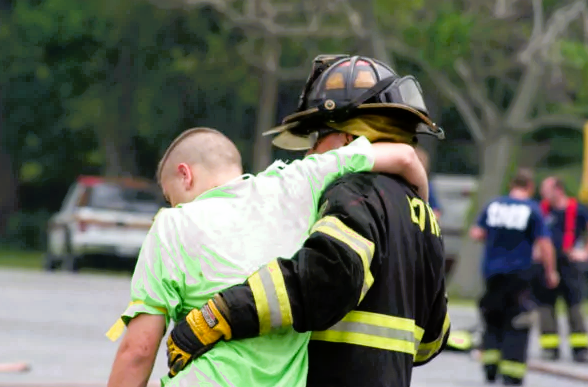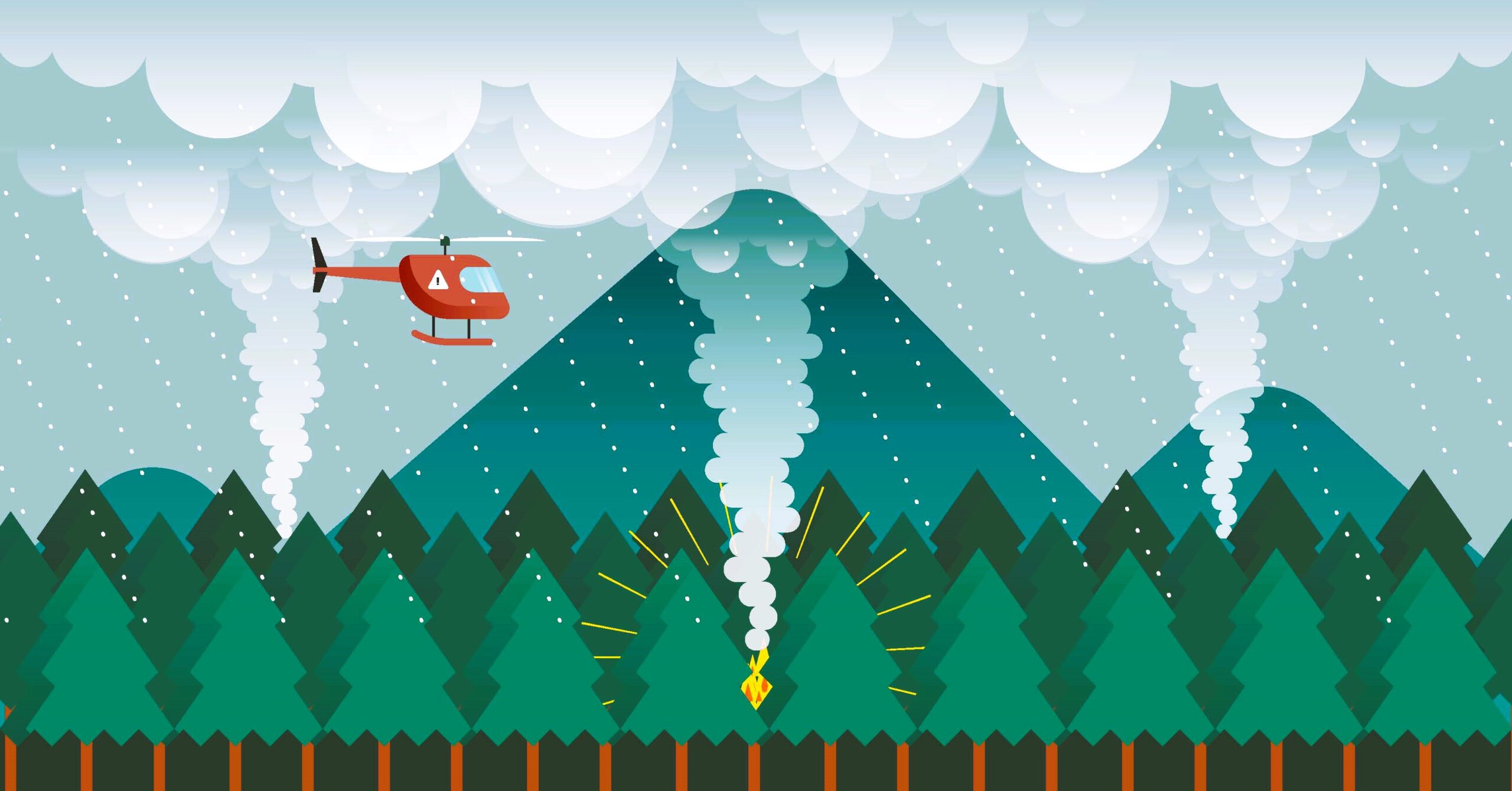In an era marked by increasing environmental uncertainties, Kelowna is taking proactive steps to ensure the safety and well-being of its residents. The city’s commitment to disaster preparedness is evident in its series of emergency preparedness workshops, which aim to equip individuals and families with the knowledge, skills, and resources needed to effectively respond to and recover from emergencies. Through these workshops, Kelowna residents are gaining valuable insights into disaster readiness, response strategies, and community collaboration, ultimately fostering a more resilient and prepared community.
Addressing the Importance of Preparedness
Natural disasters, including wildfires, earthquakes, floods, and severe weather events, can strike suddenly and with devastating consequences. Recognizing the critical need for proactive measures, Kelowna’s emergency preparedness workshops address the importance of being prepared for the unexpected. By providing residents with information and tools to handle various emergency scenarios, the workshops empower individuals to take charge of their safety and the safety of their loved ones.
Comprehensive Training and Resources

Kelowna’s emergency preparedness workshops offer comprehensive training that covers a range of topics related to disaster readiness and response. Participants learn about creating emergency plans, assembling emergency kits, understanding evacuation procedures, and knowing how to access important resources during and after a disaster.
Workshop attendees receive practical guidance on developing communication plans, designating meeting points, and ensuring that family members, including pets, are accounted for in times of crisis. By providing a clear roadmap for action, the workshops alleviate anxiety and instill a sense of confidence in participants.
Hands-On Simulations
One of the standout features of the emergency preparedness workshops is their emphasis on hands-on learning through simulations. Participants have the opportunity to engage in realistic disaster scenarios, allowing them to apply their newly acquired knowledge and skills in a controlled environment. This hands-on approach not only reinforces key concepts but also prepares individuals to remain composed and effective during high-stress situations. Urban Farming – Kelowna’s Innovative Approach.
Simulations may involve mock evacuation drills, first aid demonstrations, and role-playing exercises that simulate emergency communications. These experiences build muscle memory and empower residents to make quick and informed decisions when faced with real emergencies.
Promoting Community Collaboration

Emergency preparedness extends beyond individual households; it encompasses the entire community. Kelowna’s workshops recognize the importance of community collaboration and coordination in times of crisis. Participants learn about local emergency response networks, volunteer opportunities, and the value of working together to support one another during disasters.
Building a resilient community requires fostering connections and partnerships among residents, local organizations, and government agencies. The workshops serve as a catalyst for these connections, creating a network of individuals who are committed to looking out for one another’s well-being.
Government Resources and Support
Kelowna’s commitment to disaster preparedness aligns with broader government initiatives aimed at promoting safety and emergency response. Canada.ca, the official website of the Canadian government’s public safety department, offers valuable resources and information on disaster preparedness, including tips, guidelines, and tools for individuals and communities.
Conclusion
Kelowna’s emergency preparedness workshops are a reflection of the city’s dedication to ensuring the safety and resilience of its residents. By equipping individuals with knowledge, skills, and resources, the workshops empower participants to confidently navigate emergencies and contribute to a more prepared and cohesive community. As Kelowna continues to prioritize disaster preparedness, it is fostering a culture of readiness that serves as a foundation for community well-being and security.


